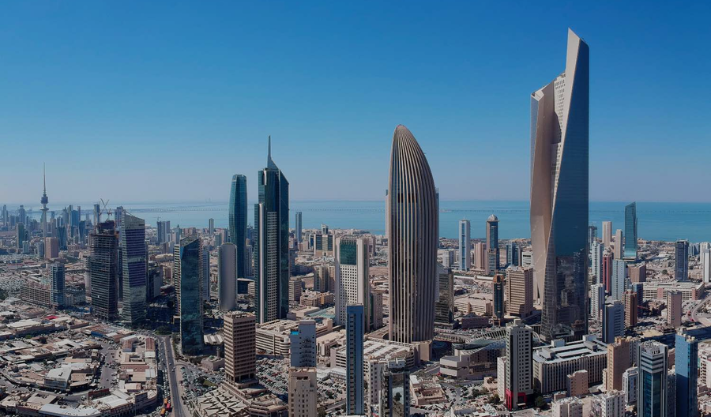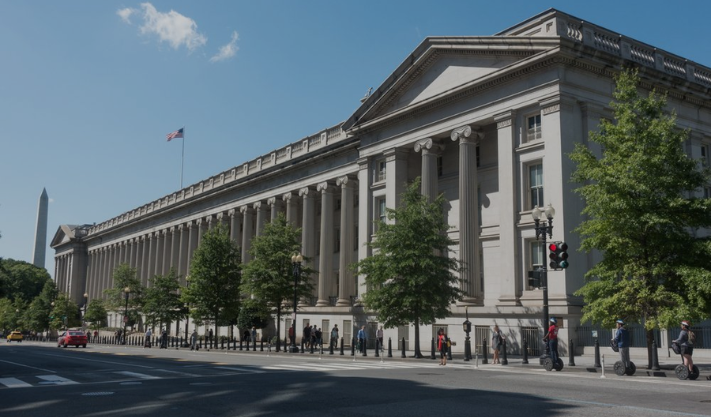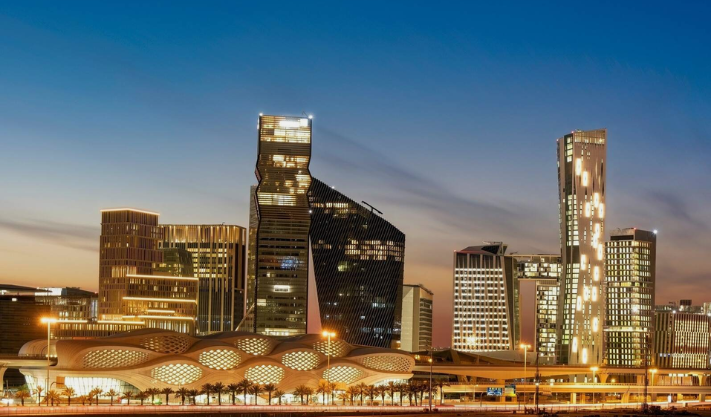In Riyadh, a senior Saudi Arabian official spoke out on Friday to support the way the Gulf kingdom managed the hajj pilgrimage. This statement came after reports from several countries highlighted more than 1,100 deaths during the pilgrimage, with many being attributed to very high temperatures. The official defended Saudi Arabia’s efforts in organizing and overseeing the pilgrimage, emphasizing their commitment to ensuring the safety and well-being of all pilgrims despite the challenges posed by the extreme heat.
A senior Saudi official said that during the busiest days of the hajj, 577 deaths were confirmed. These days included Saturday, when pilgrims prayed on Mount Arafat under intense sun, and Sunday, during the “stoning of the devil” ritual in Mina.
The official mentioned tough weather conditions and high temperatures as contributing factors. They clarified that the 577 deaths were only for those two days and did not cover the entire hajj, which officially ended on Wednesday.
The hajj is a mandatory pilgrimage for Muslims, one of the five pillars of Islam. Saudi officials reported that 1.8 million pilgrims participated this year, similar to last year, with 1.6 million coming from abroad.
Hajj permits are issued through a quota system to countries, then distributed via lottery. Many pilgrims attempt the hajj without permits due to the high costs associated with obtaining them, risking arrest and deportation if caught by Saudi authorities.
This year, Saudi officials initially turned away over 300,000 unauthorized pilgrims from Mecca. Later, however, an order allowed many of them to participate, estimating about 400,000 unregistered pilgrims, mostly from Egypt.
The hajj coincided with extreme heat this year, with temperatures reaching 51.8 degrees Celsius (125 Fahrenheit) in Mecca. Unregistered pilgrims faced difficulties as they lacked access to amenities like air-conditioned tents and official transportation, leading to challenges accessing medical help and facing hazards like exhaustion and dehydration.
The official clarified that while unregistered pilgrims were not banned from using hajj buses, these buses were primarily for registered pilgrims, not equipped with food or medical services along their routes.
Also Read:





